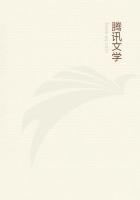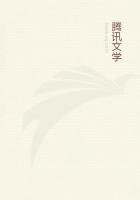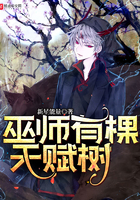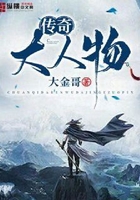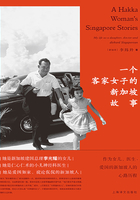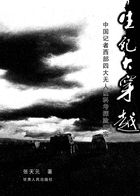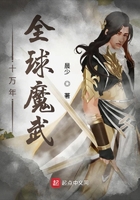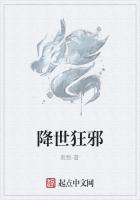THE TEA PARTY AND LEXINGTON, "OUR old chair? resumed Grandfather," did not now stand in tile midst of a gay circle of British officers. The troops, as I told you, had been removed to Castle William immediately after the Boston massacre. Still, however, there were many tories, custom-house officers, and Englishmen who used to assemble in the British Coffee House and talk over the affairs of the period. Matters grew worse and worse; and in 1773 the people did a deed which incensed the king and ministry more than any of their former doings."Grandfather here described the affair, which is known by the name of the Boston Tea Party. The Americans, for some time past, had left off importing tea, on account of the oppressive tax. The East India Company, in London, had a large stock of tea on hand, which they had expected to sell to the Americans, but could find no market for it. But after a while, the government persuaded this company of merchants to send the tea to America.
"How odd it is," observed Clara, "that the liberties of America should have had anything to do with a cup of tea!"Grandfather smiled, and proceeded with his narrative. When the people of Boston heard that several cargoes of tea were coming across the Atlantic, they held a great many meetings at Faneuil Hall, in the Old South Church, and under Liberty Tree. In the midst of their debates, three ships arrived in the harbor with the tea on board. The people spent more than a fortnight in consulting what should be done. At last, on the 16th of December, 1773, they demanded of Governor Hutchinson that he should immediately send the ships back to England.
The governor replied that the ships must not leave the harbor until the custom-house duties upon the tea should be paid. Now, the payment of these duties was the very thing against which the people had set their faces; because it was a tax unjustly imposed upon America by the English government. Therefore, in the dusk of the evening, as soon as Governor Hutchinson's reply was received, an immense crowd hastened to Griffin's Wharf, where the tea-ships lay. The place is now called Liverpool Wharf.
"When the crowd reached the wharf," said Grandfather, "they saw that a set of wild-looking figures were already on board of the ships. You would have imagined that the Indian warriors of old times had come back again; for they wore the Indian dress, and had their faces covered with red and black paint, like the Indians when they go to war. These grim figures hoisted the tea-chests on the decks of the vessels; broke them open, and threw all the contents into the harbor.""Grandfather," said little Alice, "I suppose Indians don't love tea;else they would never waste it so.""They were not real Indians, my child," answered Grandfather. "They were white men in disguise; because a heavy punishment would have been inflicted on them if the king's officers had found who they were.
But it was never known. From that day to this, though the matter has been talked of by all the world, nobody can tell the names of those Indian figures. Some people say that there were very famous men among them, who afterwards became governors and generals. Whether this be true I cannot tell."When tidings of this bold deed were carried to England, King George was greatly enraged. Parliament immediately passed an act, by which all vessels were forbidden to take in or discharge their cargoes at the port of Boston. In this way they expected to ruin all the merchants, and starve the poor people, by depriving them of employment. At the same time another act was passed, taking away many rights and privileges which had been granted in the charter of Massachusetts.
Governor Hutchinson, soon afterward, was summoned to England, in order that he might give his advice about the management of American affairs.
General Gage, an officer of the old French War, and since commander-in-chief of the British forces in America, was appointed governor in his stead. One of his first acts was to make Salem, instead of Boston, the metropolis of Massachusetts, by summoning the General Court to meet there.

